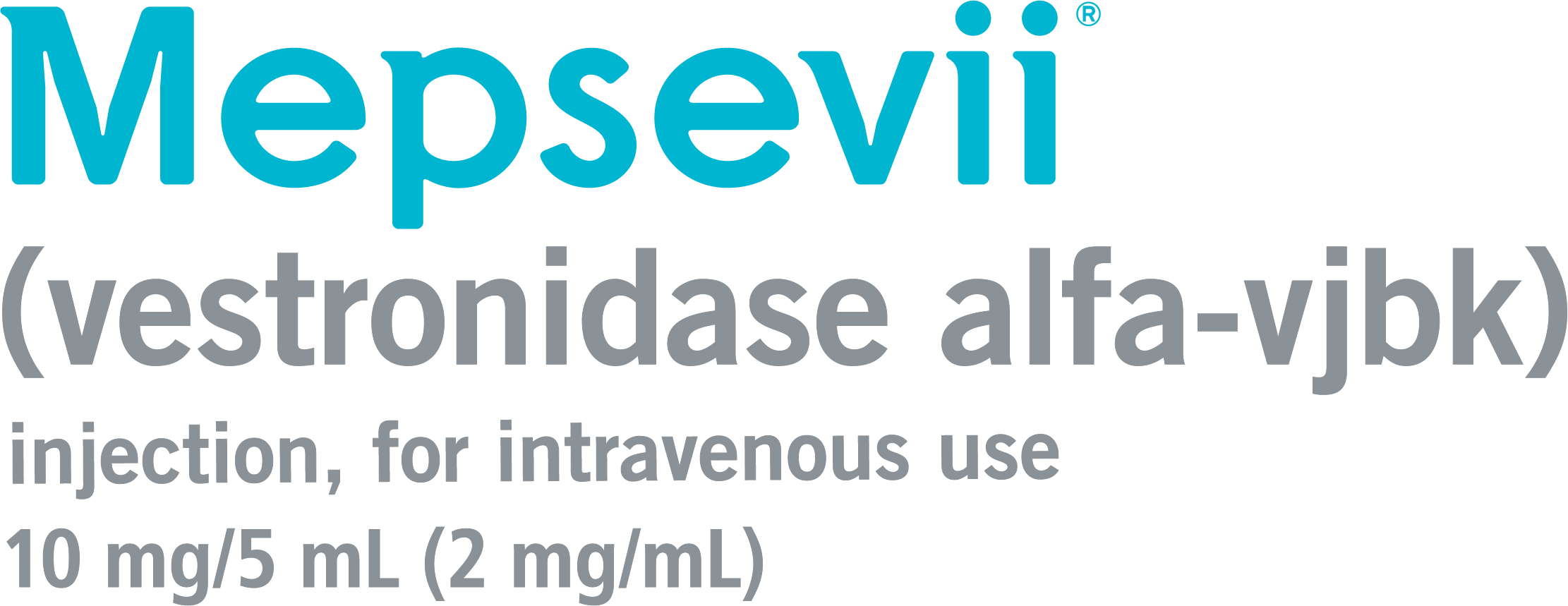Immunogenicity
- As with all therapeutic proteins, there is potential for immunogenicity
- The detection of antibody formation is highly dependent on the sensitivity and specificity of the assay
- Additionally, the observed incidence of antibody (including neutralizing antibody) positivity in an assay may be influenced by several factors including:
- Assay methodology
- Sample handling
- Timing of sample collection
- Concomitant medications
- Underlying disease
For these reasons, comparison of the incidence of antibodies described below with the incidence of antibodies in other studies to other vestronidase alfa products may be misleading
Immunogenicity data were available from 23 patients who received MEPSEVII for up to 187 weeks of treatment
- 18/23 patients (78%) developed anti-vestronidase alfa-vjbk antibodies (ADA)
10/18 (55.6%) ADA-positive patients were tested positive for neutralizing antibodies (NAb)
- There is no correlation between ADA titer and NAb development
- There is no correlation between ADA titer and NAb development
- 6 treatment-naïve patients had pre-existing ADA titers at baseline
- ADAs were detected in 5/6 patients post-treatment
- The post-treatment ADA titers were the same as or below the baseline ADA titer values in 2 patients, but 1 of these 2 patients was positive for NAb
- ADA titer values after treatment increased 64-fold, 128-fold, and 364-fold, respectively, in the other three
patients
- The post-treatment ADA titers were the same as or below the baseline ADA titer values in 2 patients, but 1 of these 2 patients was positive for NAb
- ADAs were detected in 5/6 patients post-treatment
- The presence of ADA titer did not appear to affect reduction in urinary glycosaminoglycans (uGAGs)
